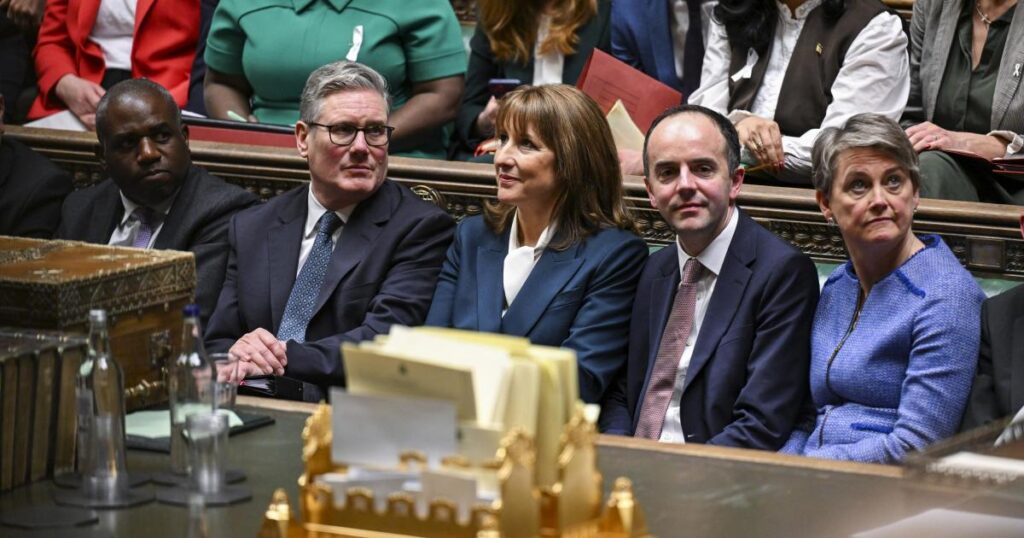The policy change affects 8,830 children in the borough, offering financial relief to families across Tottenham, Wood Green, and parts of Hornsey who have long faced high housing costs, job insecurity, and rising food prices.
Prime Minister Keir Starmer said: “This government is picking up the tab for a failed social experiment that punished working families and pushed hundreds of thousands of children into poverty.
“We will not stand by while more children are dragged into hardship.
“Fairness must sit at the heart of our social security system so every child gets the best possible start.”
At a national level, the policy is expected to lift 450,000 children out of poverty—rising to around 550,000 when combined with other government measures.
Bridget Phillipson, Education Secretary and co-chair of the Ministerial Taskforce on child poverty, said: “We are removing the two child limit and the cruel rape clause to restore dignity to families.
“We are showing every child that their future matters regardless of their background or birth order.”
Haringey has some of the deepest and most persistent poverty in London, with schools and nurseries frequently reporting hunger, overcrowded housing, and widening development gaps.
The Government’s broader strategy to tackle child poverty includes expanded free school meals, universal breakfast clubs, and major investment in early years support.
Charities have welcomed the decision.
Dan Paskins, executive director of UK impact at Save the Children UK, said: “The Government is right to recognise that children have paid the price of a flawed policy for too long.
“This change will have an immediate impact and shows real leadership.”
Alison Garnham, chief executive of the Child Poverty Action Group, said: “Lifting children out of poverty is the right thing to do and strengthens our country.
“This marks a vital step toward a future where no child grows up in hardship.”
The two child limit, introduced in 2017, was described by the Prime Minister as a “failed social experiment”.
Around 300,000 children are in poverty directly because of the policy, and without action another 150,000 would have fallen into poverty.




